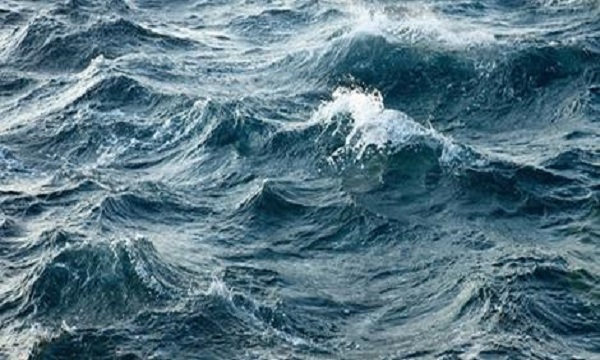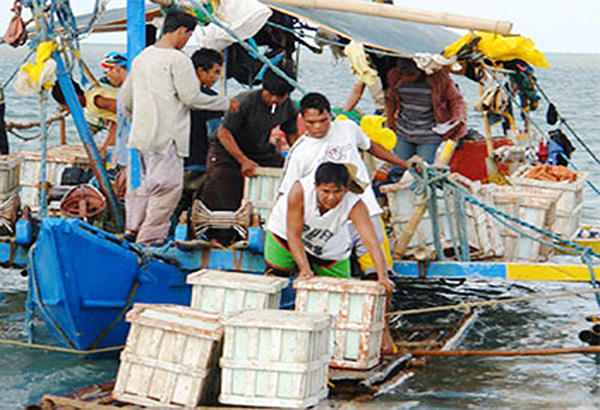Australia lauds Malaysia’s cooperation on illegal fishing

Australia lauds Malaysia’s cooperation on illegal fishing
Australia has commended the move of the Malaysian officers to capture the “Illegal, Unreported and Unregulated” (IUU) fishing vessel, Viking.
Australia’s farming legislative secretary Senator Richard Colbeck said that their country is willing to give assistance to the move of Malaysia to eliminate the IUU fishing and extended their support as part of the continuous inspection.
He said that Malaysia and Australia have a partnership to work hand in hand to recognize other misconducts of the illegal fishing vessels.
He also added that Australia also cooperates with other foreign countries, like Interpol and through the Regional Plan of Action with Southeast Asian countries, in order to defeat the IUU fishing in the country.
Officers in Thailand were also acknowledged for the imprisonment of IUU fishing vessel, after Australia warned Southeast Asian nations to the possible coming of the illegal fishing vessel.
The representatives from Australian Customs and Border Protection Service and Australian Fisheries Management Authority went to Malaysia to support the country against IUU fishing by sharing their knowledge.
J. Sheng












